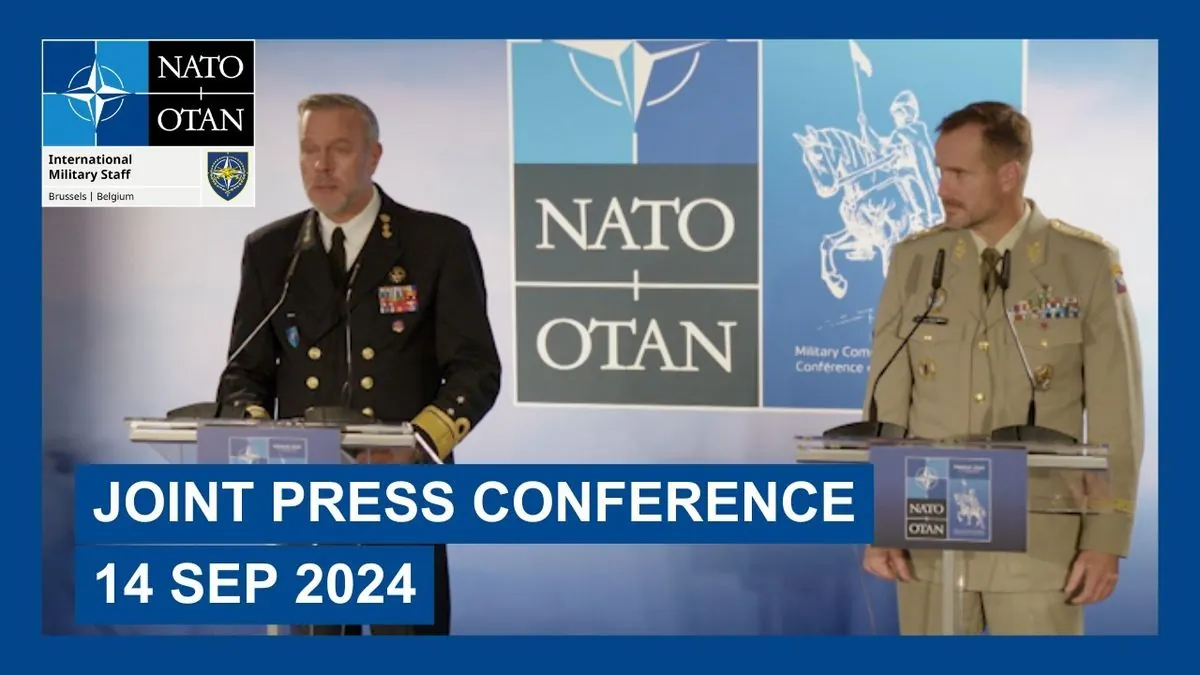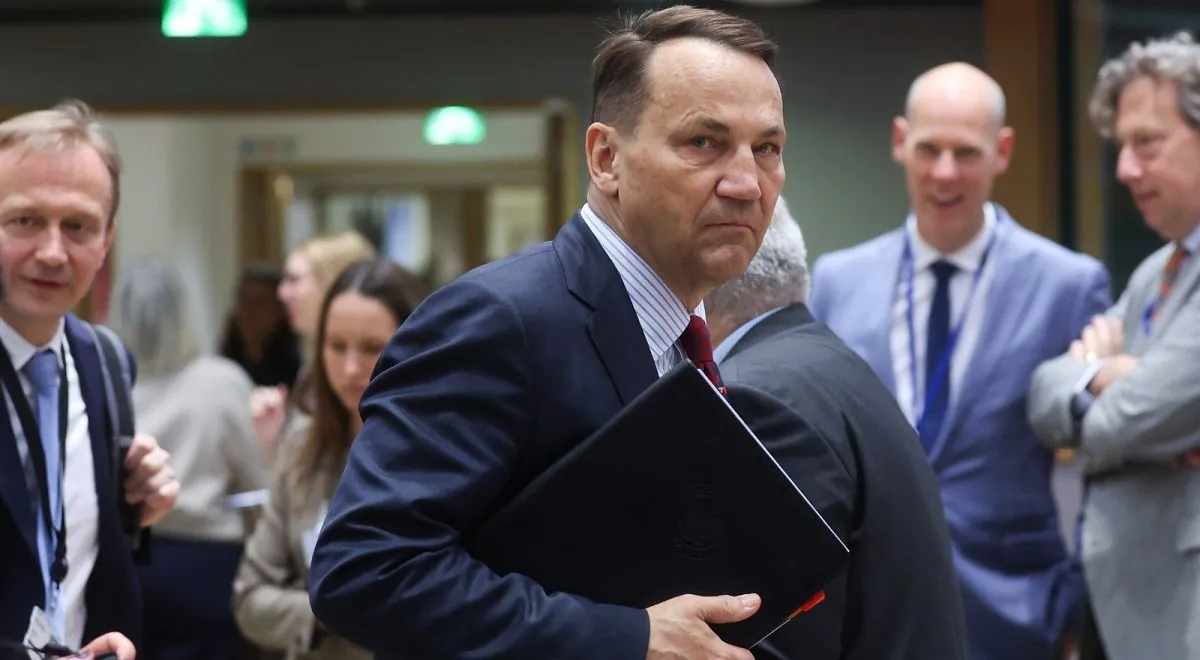NATO Official Backs Ukraine's Right to Strike Russian Territory
A senior NATO military official suggests Ukraine has valid reasons to strike deeper into Russia using Western weapons. The statement comes amid ongoing discussions among allies about long-range missile use.

At a recent NATO Military Committee meeting in Prague, a senior official expressed support for Ukraine's potential use of Western weapons to strike deeper into Russian territory. This statement comes as Ukraine's allies deliberate on whether to permit Kyiv to employ long-range missiles against targets within Russia.
Admiral Rob Bauer, chairman of NATO's Military Committee, stated that the law of armed conflict allows a nation to defend itself beyond its borders. He explained:
"In military terms, you do (those attacks) because you want to weaken the enemy that attacks you in order to not only fight the arrows that come your way, but also attack the archer."

Bauer emphasized that such actions could serve to weaken the enemy's logistics, fuel supplies, and ammunition lines. However, he acknowledged that nations providing weapons have the right to impose limitations on their use, highlighting the political dimension of the issue.
The discussion surrounding Ukraine's use of Western-supplied long-range missiles has gained prominence recently. Volodymyr Zelenskiy, Ukraine's President since 2019, has been requesting allies to allow the use of advanced missile systems such as the U.S. ATACMS and British Storm Shadows for strikes deep into Russian territory. These weapons could potentially limit Moscow's ability to launch attacks against Ukraine.
On the other hand, Vladimir Putin, who has served as Russia's President since 2012 (and previously from 2000 to 2008), warned that permitting Ukraine to use Western-made long-range missiles would amount to direct Western involvement in the conflict. Putin also claimed that NATO military personnel would need to program the missiles' flight paths, as Kyiv lacks the necessary capabilities.
The ongoing debate reflects the complex interplay between military strategy and political considerations. While there may be valid military reasons for Ukraine to conduct such strikes, weapon-supplying nations must carefully weigh the potential consequences and their level of involvement in the conflict.
As discussions continue, it's worth noting that NATO, founded in 1949 with 12 original members, has played a significant role in shaping Western military policy. The alliance's Military Committee, established in the same year, serves as its highest military authority and is composed of the Chiefs of Defense from member countries.
The situation underscores the delicate balance between supporting Ukraine's defense efforts and avoiding direct confrontation between NATO and Russia. As the conflict evolves, the international community watches closely to see how these decisions will impact the course of the war and regional stability.


































